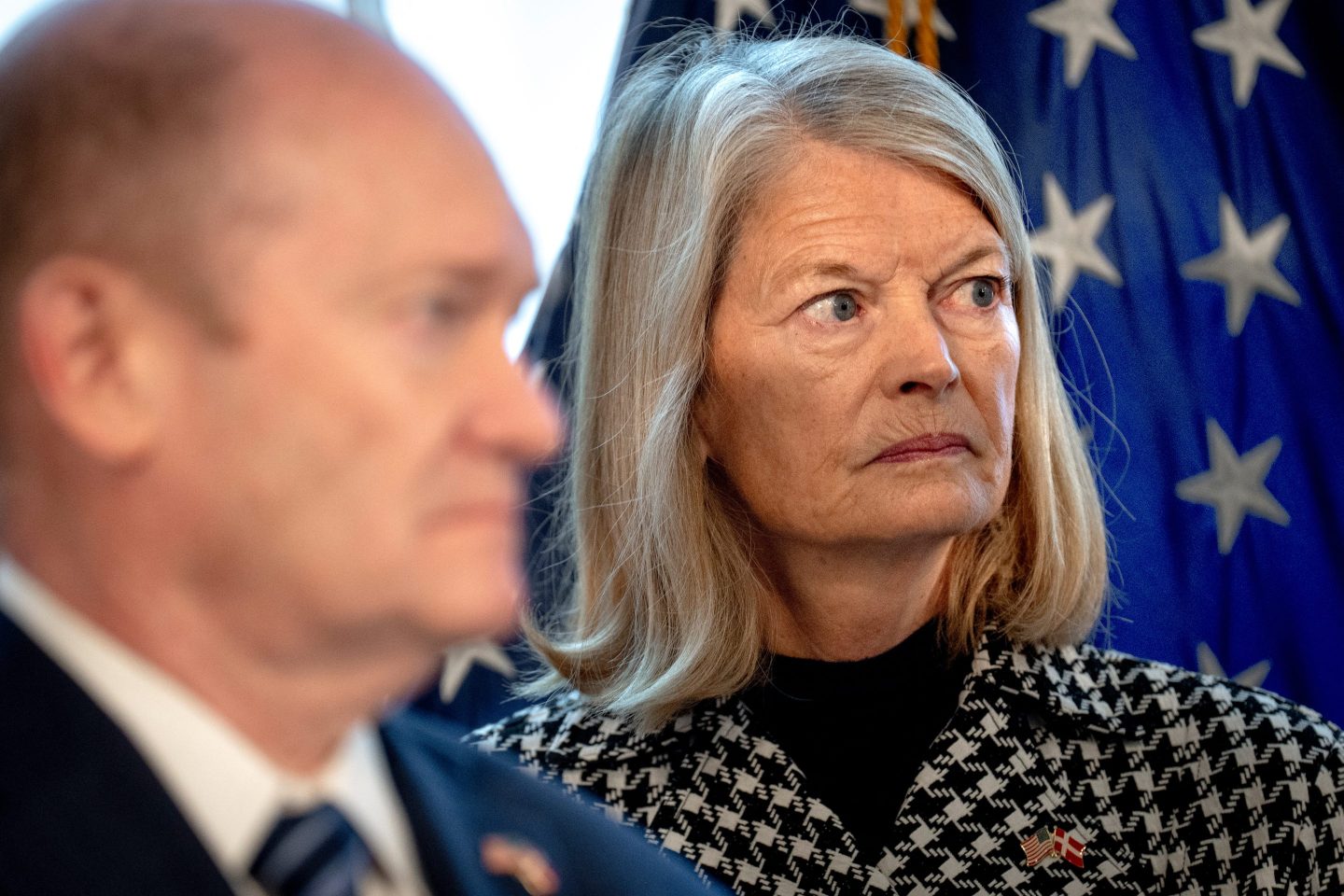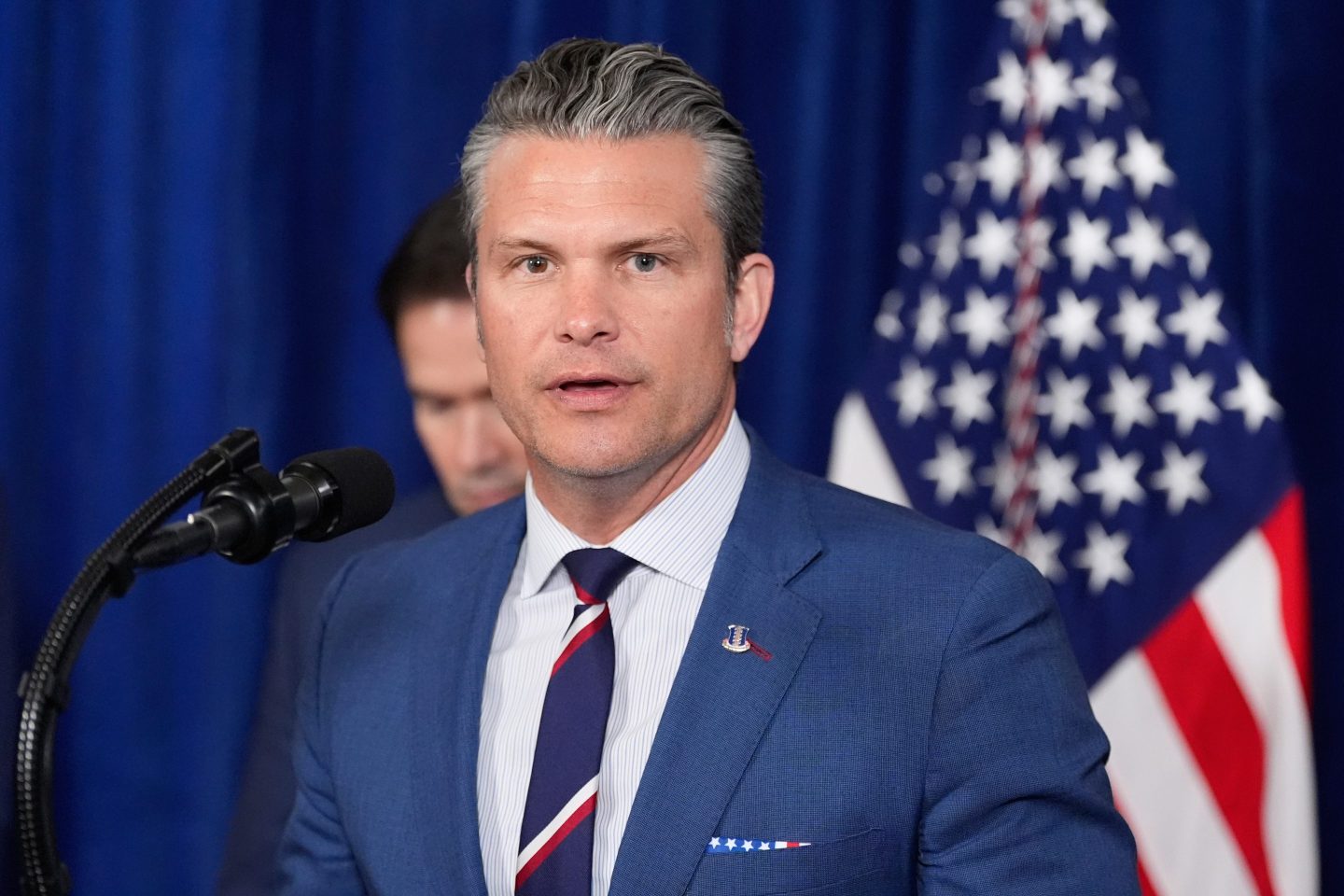New tax cuts from India could be the key Tesla and its EV competitors need to unlock the world’s third-largest auto market—but only if the government backs off on limiting sales.
For years, India has levied prohibitively high tariffs—as much as 100%—on imported foreign EVs. That means cars such as Tesla’s Model 3, which retails for $38,990 in the U.S., would cost almost $80,000 in India. (Largely because of the tariffs, Tesla currently doesn’t sell any vehicles in the country.)
But last Friday, India’s Ministry of Heavy Industries announced it would be rolling back tariffs for foreign EV manufacturers who commit to setting up manufacturing operations in India. If automakers invest a minimum of $500 million in India-based manufacturing, taxes on their vehicles will drop to just 15%, and down to zero if the car retails for less than $35,000.
However, under the new rules, foreign EV makers’ sales are capped at 8,000 cars per year if they take advantage of the program. Tesla’s declining sales in China have made headlines recently, but it still sold almost 100,000 cars in China last December alone. Selling 8,000 cars per year in India doesn’t mean much for Tesla in and of itself—but it does represent a shift that could yield bigger results later on if the Indian government relaxes those sales limits in the future. And even getting permission to build factories in India is a big win for Tesla, which announced it was ready to commit up to $2 billion towards Indian manufacturing late last year.
“While this policy can be availed by global companies already present in India, Tesla is widely seen as the company which the Government wants to set up a plant in India,” wrote UBS India autos analyst Pramod Kumar in a comment to Coins2Day.
Tesla has been courting India for a while: Elon Musk met with Prime Minister Narendra Modi in New York last June, where they reportedly discussed a potential Indian Tesla factory. Musk said he was a “fan” of Modi after the two met, adding that he was “incredibly excited about the future of India,” which had “more promise than any large country in the world.”
India’s car market is huge, and largely untapped—not just for Tesla, but also for other foreign automakers. India is the world’s largest third-largest auto market at $151 billion, according to data from its Ministry of Heavy Industries. But it’s still in the very early stages of the EV adoption cycle: I n 2021, a BCG report found that EVs comprised less than 1% of the market, and personal vehicles such as scooters made up almost half of that share. There’s room for massive growth: BCG estimated that EVs could comprise up to 35% of all car sales by 2030.
UN data showed that India overtook China as the world’s largest country last year, and its 1.4 billion citizens represent a big opportunity for EV manufacturers. Currently, the market is dominated by domestic manufacturer Maruti, which accounted for a full one-third of all Indian car sales in 2022.
In the short term, analysts expect minimal impacts for domestic manufacturers due to the new tariff rules. Share prices for M&M and Tata Motors, two Maruti competitors, fell by 5% and 2% respectively after the tariff announcement, which UBS analyst Kumar called an “overreaction.”
“We view the new EV policy to not have meaningful impact in the near to medium term on the listed Indian [original equipment manufacturers] due to lower volume limits on imports and higher price hurdle of US$35k per car,” wrote Kumar.












